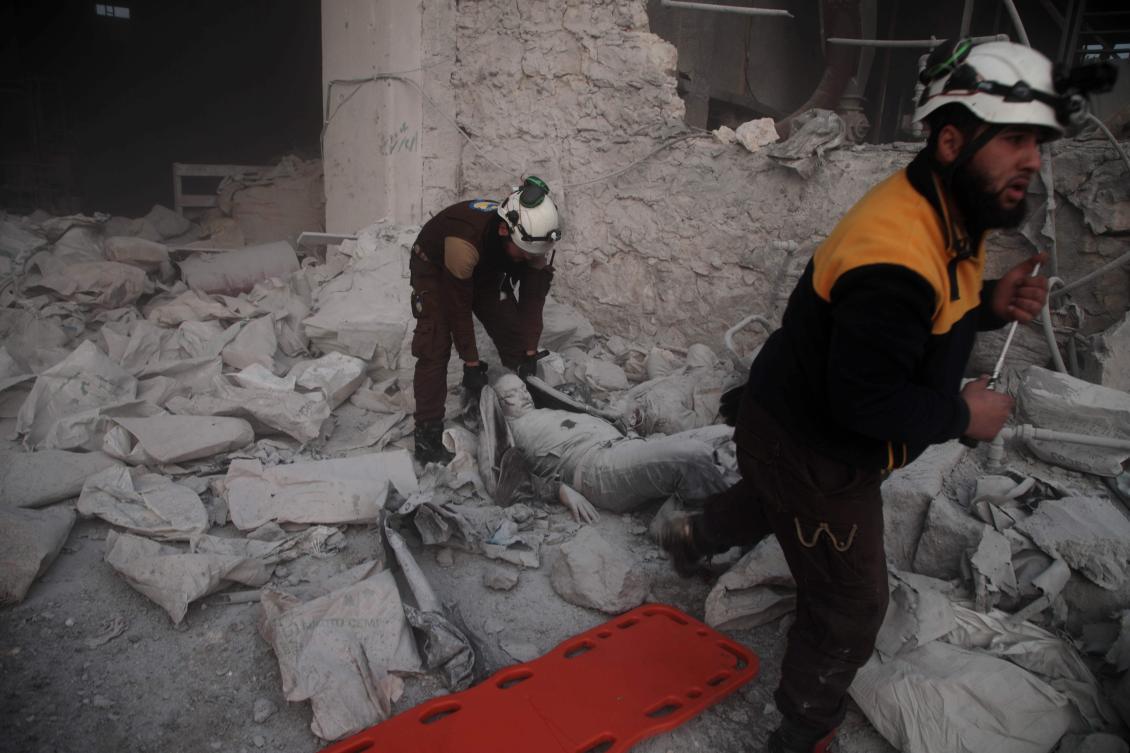Jailed academic rejects offer to spy for Iran
LONDON: An academic currently imprisoned in Iran on charges of espionage has reportedly refused an offer to become a spy for Tehran in return for her freedom.
Kylie Moore-Gilbert, a UK-Australian dual national, made the revelation in a series of letters handed to The Times that were smuggled out of Evin prison, located in the north of the capital, where she is serving 10 years.
In the letters, addressed separately to a Mr. Vasiri, believed to be a deputy prosecutor in the Iranian judiciary, and a Mr. Ghaderi and Mr. Hosseini, who are thought to be officers in the Islamic Revolutionary Guard Corps (IRGC), Moore-Gilbert stated in basic Farsi that she had “never been a spy, and I have no intention to work for a spying organization in any country.”
She added: “Please accept this letter as an official and definitive rejection of your offer to me to work with the intelligence branch of the IRGC.”
Moore-Gilbert, a lecturer in Islamic studies at the University of Melbourne in Australia, was arrested in 2018 after attending a conference in Tehran.
She was tried and convicted in secret, and her letters implied that she had been kept in solitary confinement in a wing of Evin prison under the IRGC’s control.
It is reportedly the same wing being used to detain UK-Iranian Nazanin Zaghari-Ratcliffe, also incarcerated for espionage, and away from the all-female cellblock that Moore-Gilbert was meant to have been housed in.
The letters catalog a series of other mistreatments and inhumane conditions, suggesting she had been permitted no contact with her family, and that, having been denied access to vital medication, her health was deteriorating.
She also suggested that she had been subjected to sleep deprivation methods, with lights in her cell kept on 24 hours per day, and that she was often blindfolded when transported.
“It is clear that IRGC Intelligence is playing an awful game with me. I am an innocent victim,” she wrote.
Australian Foreign Minister Marise Payne met with her Iranian counterpart Mohammad Javad Zarif in India last week, where the case was discussed.
Iran’s Foreign Ministry later issued a statement claiming that the country would not “submit to political games and propaganda” over the issue.
This comes at a time when international pressure has ratcheted up on the regime in Tehran following the downing of a Ukrainian passenger plane over the capital on Jan. 8.
Mass demonstrations nationwide followed the news that the plane had been shot down by Iranian forces.
Olympian defects to Germany
Meanwhile, Iran’s only female Olympic medalist, Kimia Alizadeh, announced that she would not return to the country, citing her refusal to continue to be used as a “propaganda tool.”
She wrote of her decision on Instagram: “I wore whatever they told me and repeated whatever they ordered. Every sentence they ordered I repeated. None of us matter for them, we are just tools.”
It was revealed on Jan. 20 that the taekwondo martial artist, who had been living and training in Eindhoven in the Netherlands, had elected to move to Hamburg in Germany, for whom she will now compete.
Alizadeh’s defection is just one in a series of high-profile acts of defiance by Iranians outraged by the actions of the regime.
At least two journalists working for Iranian state-owned TV channels are known to have resigned their positions in protest.
One, news anchor Gelare Jabbari, posted on Instagram: “It was very hard for me to believe that our people have been killed. Forgive me that I got to know this late. And forgive me for the 13 years I told you lies.”

Canada, Iran at odds over who should analyze downed plane’s black boxesUS calls Iran’s $3m reward to kill Trump ‘ridiculous’





